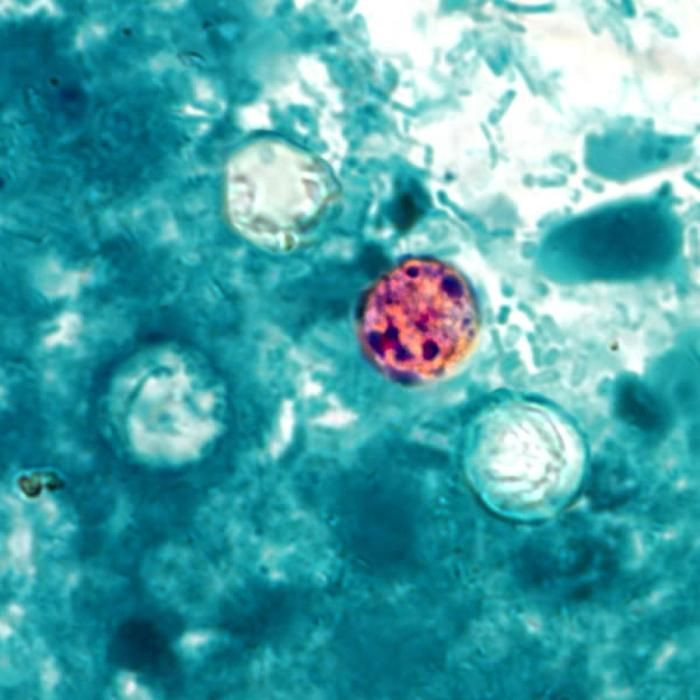FDA Launches Investigation Into Cyclospora Outbreak; 250 Cases In The Midwest And Rising

The number of people sick with the rare cyclospora parasite has now risen to 250, and at least eight have been hospitalized.
Over the weekend, reports of new cases continued from the Midwest, with Texas and Nebraska both reporting more than 60 infections each. In Iowa, the number of infections is at least 118. NBC News reported that so far, authorities have yet to determine a source for the intestinal infection that results in prolonged diarrhea, bloating, nausea, and vomiting.
Dr. Barbara Herwaldt, a medical epidemiologist with the Centers for Disease Control and Prevention (CDC), noted that tainted produce shipped across state lines could account for the rapid spread of the parasite. However, she told reporters that such a source has yet to be formally implicated.
"No food item has been identified as the source of the outbreak," she said, adding that the source could involve several products, and that the original culprit might be contaminated irrigation. The fact that the U.S lacks a known natural source of cyclospora suggests that the tainted produce may have been imported, possibly from tropical and subtropical regions in South America. In 2006 and 2007, contaminated Guatemalan raspberries caused a similar outbreak that sickened more than a thousand Americans and Canadians.
According to the CDC, cyclospora infection is caused by the single-cell protozoan parasite Cyclospora cayetanensis. While the infection is usually not considered life threatening, the symptoms can persist for more than a month. Patients are usually prescribed antibiotics and urged to stay hydrated.
To aid the coordination of swift containment measures, 39 states — plus New York City and Washington, D.C. — are required by the CDC to report cyclospora infections. However, the agency encourages other states to report their infections as well, as any available information will be beneficial for federal health authorities working to track the spread of the disease.
"What we don't know yet is whether the transmission or spread of the parasite is ongoing," said Herwaldt. While it's possible that the contaminated produce has already made its way through the food supply, consumers should still take extra care when handling fresh produce until a source has been formally determined. She added that refrigeration appears to slow the parasite's ability to infect people.
The U.S Food and Drug Administration (FDA) has now launched an investigation into the matter. To learn more about the parasite, the infection, and its treatment, consult the FDA and CDC's online databases.



























